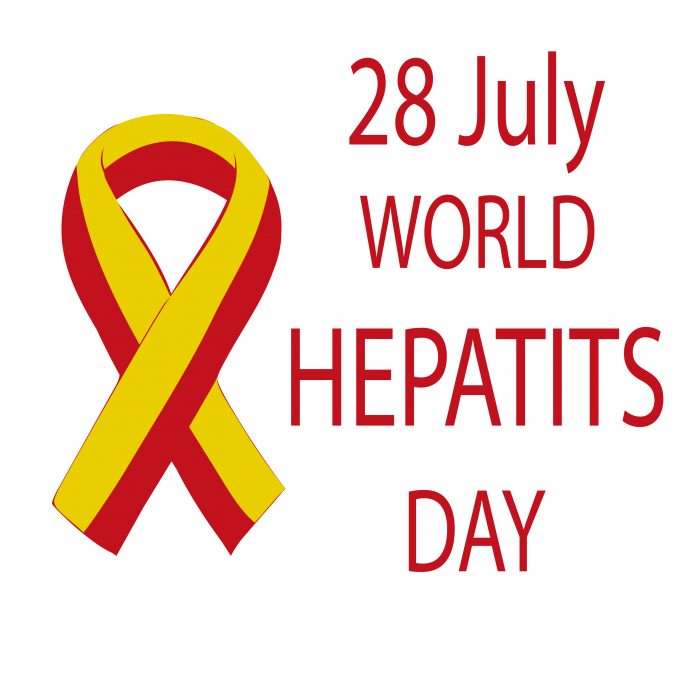World Hepatitis Day is behind the goal to eliminate hepatitis B and C by 2030. In order to eradicate viral hepatitis, increased diagnosis, universal vaccination and blood and injection safety are needed. Hep B is transmitted through contact with blood and body fluids of an infected person. Hep C is spread through direct contact with infected blood.
The most common causes of hepatitis transmission are:
- Sharing needles while injecting drugs.
- Blood transfusions with unscreened blood.
- Sharing toothbrushes, razors and other personal items.
- Medical or dental work using unsterilized or improperly sterilized equipment.
- Body piercing and tattooing with unsterilized equipment.
- In the case of hepatitis B, having unprotected sex with an infected person can also lead to infection.
Many of those who are infected may not be aware that they have the disease. There may be no symptoms or the symptoms can resemble the flu. Some of the most common symptoms are a mild fever, aching muscles and joints, fatigue and loss of appetite. If symptoms become worse, you might notice dark colored urine, jaundice and mental changes.
The doctor will first test your blood before treatment can begin. Doctors may also order a biopsy to check for liver damage. Treatment will include lots of rest, abstaining from alcohol and medication for your symptoms. Hepatitis B is treated with drugs such as lamivudine and adefovir dipivoxil. Hepatitis C is treated with peginterferon and ribovarin. In both cases, if there is liver failure, a liver transplant will become necessary.
To protect yourself against becoming infected with hepatitis:
- Do not share drug needles.
- Don’t share personal items such as nail clippers, razors and toothbrushes.
- Wash your hands before making meals and after using the washroom.
- Use latex condoms.





























